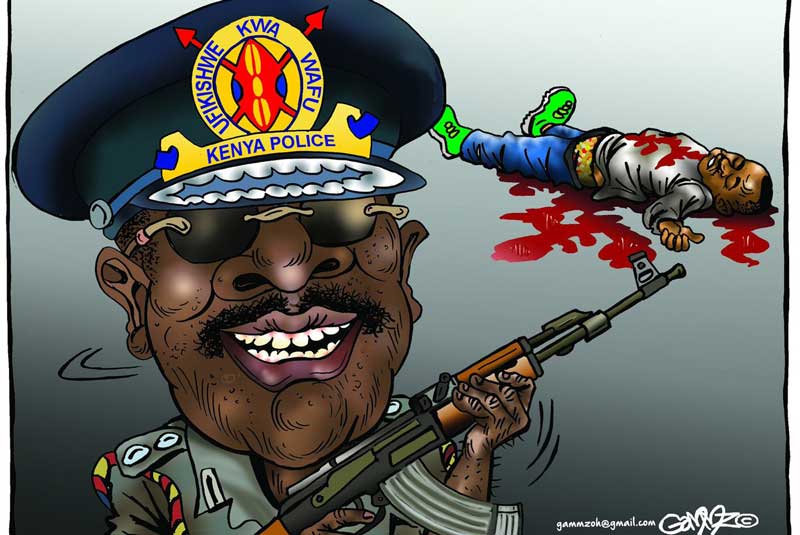×
The Standard e-Paper
Fearless, Trusted News

Towards the end of 2018, the High Court of Kenya convicted former Ruaraka police station OCS for the murder of Martin Koome, a man who had been booked at the police station on a domestic violence issue.